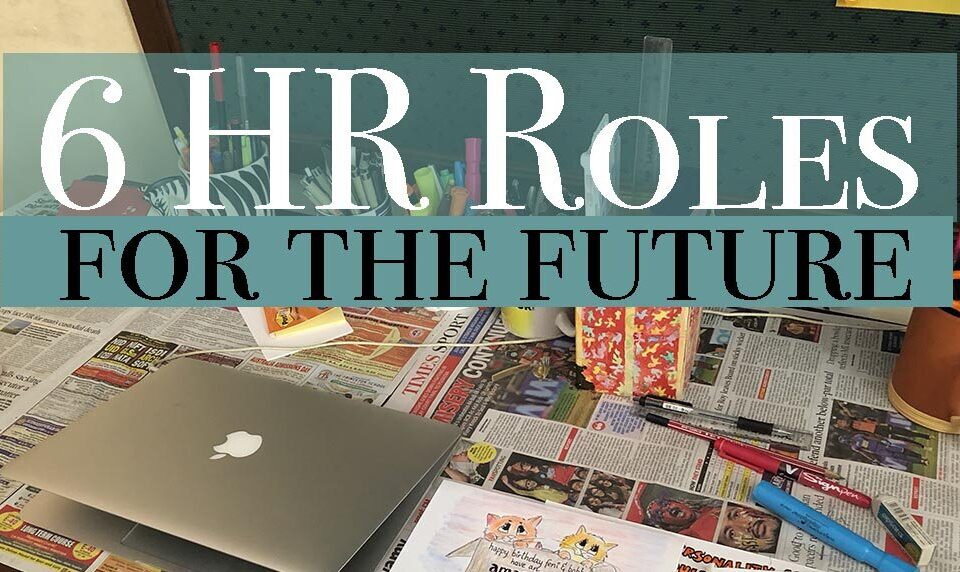Superbosses seem to be able to spot talent and hire them with unconventional means. They seem to see what the person is capable of doing even when the person does not seem to know how to do it right at that moment. They look beyond conventional resumes and qualifications to look at the ability to learn. Once hired the Superbosses have their own method of transferring knowledge and wisdom. Not just know-how they seem to pass on a way of thinking and a way of life. Even as they are doing that they seem to leave room for the protégé to develop their own style. To achieve this, they will often bend the job to leverage the strengths of the new hire or help the person overcome a developmental gap.
Women’s Day is an opportunity to think about how to make conscious choices to build a more inclusive workplace. That means we should look at policies that allow for flexibility in when, where, and how work is done. Today technology enables us to dis-aggregate work and distribute it across the world to anyone who is capable of doing it. Progressive organizations are rethinking not only maternity benefits but also recraft their parental leave policies.
Elon Musk, co-founder of PayPal and CEO of Tesla Motors, wants to establish colonies on other planets like Mars. Back in 2012 Planetary Resources was set up by Google to develop flying robots that will dig up precious minerals from other planets and get them back. There are billionaires who are funding research in making humans immortal or making fresh water available to all. Bill Gates through his Foundation aims to by 2030 eradicated four diseases from Earth.It all starts with a dream – being able to imagine and envision something which has no precedent. The opportunities are all as big as our digital dream. The next decade will be about turning those dreams to reality.
Entrepreneurs are those people whose dreams are larger than their resources. We watch them talk about their ideas in the pages of magazines. They seem to have the ability to find opportunities out of thin air. Some of them are college dropouts. Many quit jobs in dream companies to chase their own dreams. Even when they talk about their failures, there is a magical manner in which each failure seemed to nudge them towards their success.
Apple has said no to FBI’s request to gain access to their walled garden. Governments make requests to companies like Twitter and Facebook to block posts that they define as inflammatory. The line between what one defines as freedom of expression and sedition is often blurred. Is Apple right in saying no to the government and is that in our best interest?
I have heard of many people who use only their gut to evaluate a candidate. Remember by tossing a coin to make a hiring decision, there is fifty percent chance of the candidate being very successful - statistically speaking. By studying the successful hires made by the C-Suite of a top organization they were horrified to discover that their successful hiring record was far below the coin toss method. How did this happen? They had never tracked the leaders' skills in interviewing. Leaders were using their own heuristics to choose candidates. When the new hire turned out to be a poor performer, they blamed the candidate and never for a minute stopped to think that the decision to hire that person was theirs.
In India we often refer to a confidence trickster or a con as a "420". The term “420” comes from a reference to Section 420 of the Indian Penal Code is used in India to refer to a confidence trickster. Even in neighboring Myanmar, term 420 persists in popular culture to this date. Psychologist and writer for NewYorker.com, Maria Konnikova has put together a great read on how the cons operate and more importantly, what makes us fall for these cons? Have you ever been tricked? I have. But have you tricked anyone?
Traditionally, organizations have worked based on one rule that every employee of the organization had to follow. Then came the era of five or six sets of rules that applied to five or six types of employment contracts that were offered by an organization. What if each individual employee had their own unique contract based on all the possible variables they could choose from. Today, several startups and digital disruptors have very few employees. For example, Uber has a policy of having only 3 employees in a city who manage the entire operation from partnering with drivers and managing them and serving clients. Xiaomi sold a million handsets in in India with only 75 employees. Will these organizations create new models of performance management and rewards? Will they grow their own talent by hacking new ways of learning at a rapid pace or will they buy out talent on a pay per use model? The possibilities are immense. Here are six roles your organization should think about.









